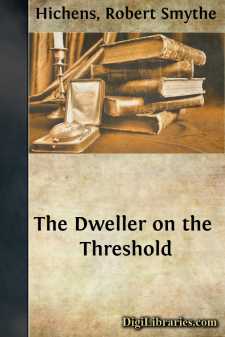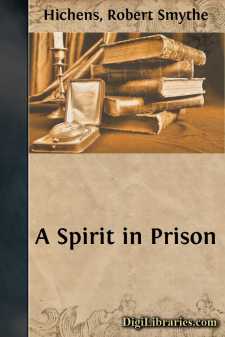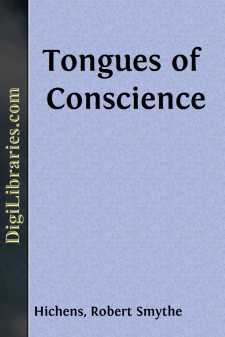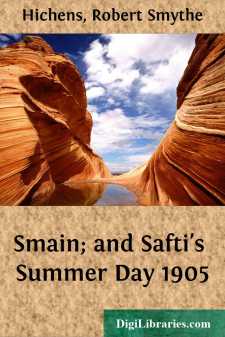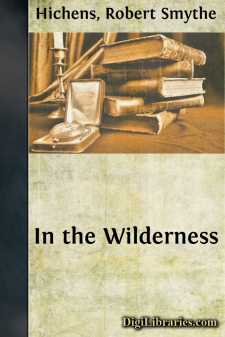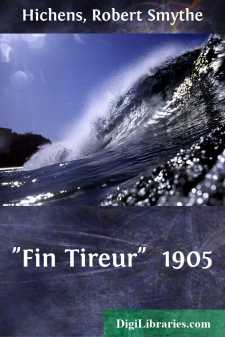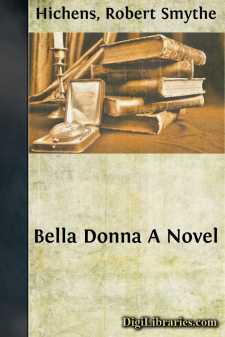Categories
- Antiques & Collectibles 13
- Architecture 36
- Art 48
- Bibles 22
- Biography & Autobiography 813
- Body, Mind & Spirit 142
- Business & Economics 28
- Children's Books 15
- Children's Fiction 12
- Computers 4
- Cooking 94
- Crafts & Hobbies 4
- Drama 346
- Education 46
- Family & Relationships 57
- Fiction 11828
- Games 19
- Gardening 17
- Health & Fitness 34
- History 1377
- House & Home 1
- Humor 147
- Juvenile Fiction 1873
- Juvenile Nonfiction 202
- Language Arts & Disciplines 88
- Law 16
- Literary Collections 686
- Literary Criticism 179
- Mathematics 13
- Medical 41
- Music 40
- Nature 179
- Non-Classifiable 1768
- Performing Arts 7
- Periodicals 1453
- Philosophy 64
- Photography 2
- Poetry 896
- Political Science 203
- Psychology 42
- Reference 154
- Religion 513
- Science 126
- Self-Help 84
- Social Science 81
- Sports & Recreation 34
- Study Aids 3
- Technology & Engineering 59
- Transportation 23
- Travel 463
- True Crime 29
The Dweller on the Threshold
Description:
Excerpt
I
When Evelyn Malling, notorious because of his sustained interest in Psychical Research and his work for Professor Stepton, first met the Rev. Marcus Harding, that well-known clergyman was still in the full flow of his many activities. He had been translated from his labors in Liverpool to a West End church in London. There he had proved hitherto an astonishing success. On Hospital Sundays the total sums collected from his flock were by far the largest that came from the pockets of any congregation in London. The music in St. Joseph's was allowed by connoisseurs, who knew their Elgar as well as their Goss, their Perosi as well as their Bach, and their Wesley, to be remarkable. Critical persons, mostly men, who sat on the fence between Orthodoxy and Atheism, thought highly of Mr. Harding's sermons, and even sometimes came down on his side. And, of all signs surely the most promising for a West End clergyman's success, smart people flocked to him to be married, and Arum lilies were perpetually being carried in and out of his chancel, which was adorned with Morris windows. He was married to a woman who managed to be admirable without being dull, Lady Sophia, daughter of the late Earl of Mansford, and sister of the present peer. He was comfortably off. His health as a rule was good, though occasionally he suffered from some obscure form of dyspepsia. And he was still comparatively young, just forty-eight.
Nevertheless, as Evelyn Malling immediately perceived, Mr. Harding was not a happy man.
In appearance he was remarkable. Of commanding height, with a big frame, a striking head and countenance, and a pair of keen gray eyes, he looked like a man who was intended by nature to dominate. White threads appeared in his thick brown hair, which he wore parted in the middle. But his face, which was clean-shaven, had not many telltale lines. And he did not look more than his age.
The sadness noted by Malling was at first evasive and fleeting, not indellibly fixed in the puckers of a forehead, or in the down-drawn corners of a mouth. It was as a thin, almost impalpable mist, that can scarcely be seen, yet that alters all the features in a landscape ever so faintly. Like a shadow it traveled across the eyes, obscured the forehead, lay about the lips. And as a shadow lifts it lifted. But it soon returned, like a thing uneasy that is becoming determined to discover an abiding-place.
Malling's first meeting with the clergyman took place upon Westminster Bridge on an afternoon in early May, when London seemed, almost like a spirited child, to be flinging itself with abandon into the first gaieties of the season. Malling was alone, coming on foot from Waterloo. Mr. Harding was also on foot, with his senior curate, the Rev. Henry Chichester, who was an acquaintance of Malling, but whom Malling had not seen for a considerable period of time, having been out on his estate in Ceylon. At the moment when Malling arrived upon the bridge the two clergymen were standing by the parapet on the Parliament side, looking out over the river....


